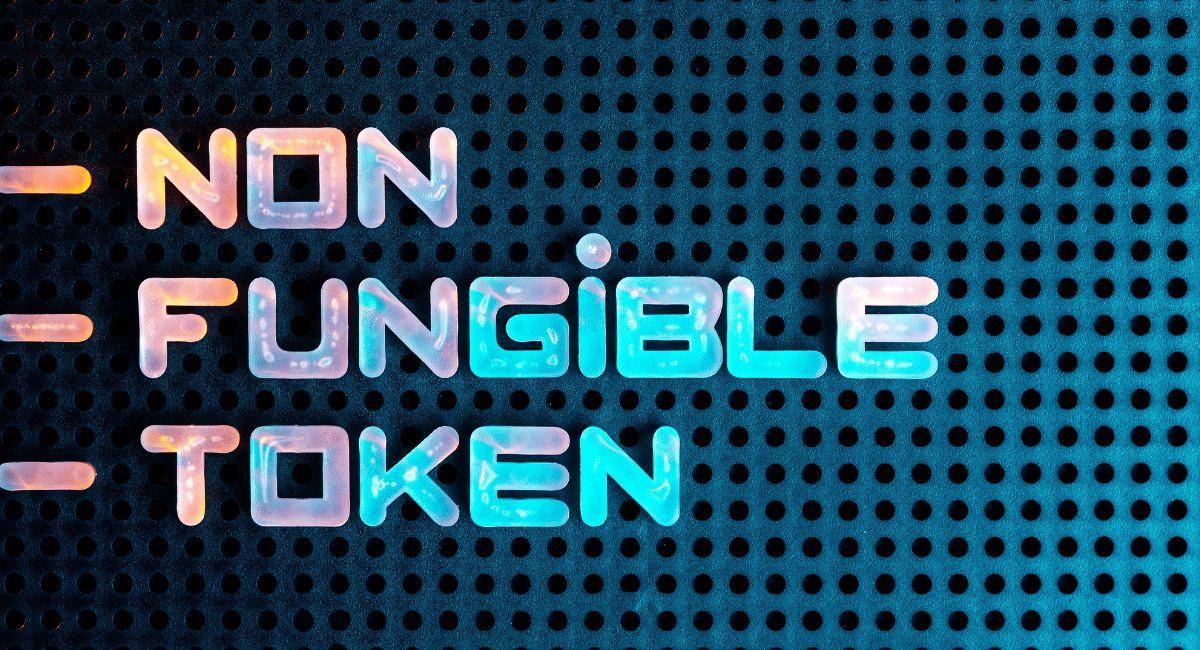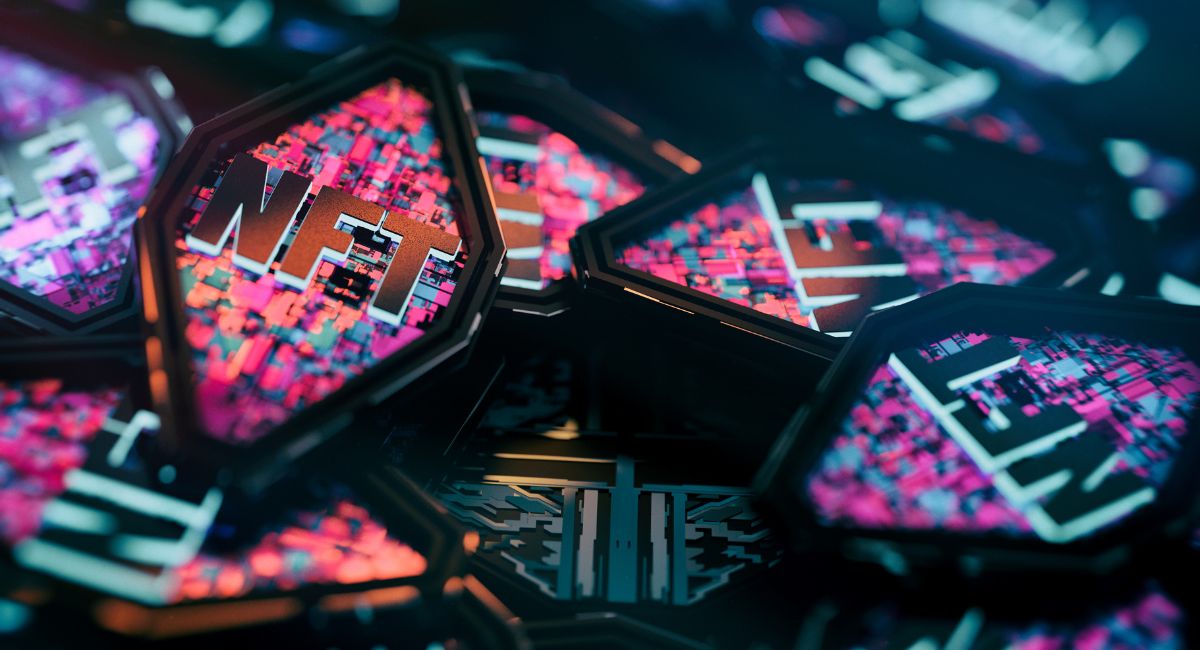Top 10 Amazing Ways Smart Contracts Help In Royalty Distribution Of NFTs

Smart contracts play a crucial role in the functionality and security of Non-Fungible Tokens (NFTs), providing automated and trustless execution of transactions and ownership transfers within blockchain networks. These contracts, deployed on blockchain platforms like Ethereum or Solana, contain self-executing code that governs the rules and conditions of NFT ownership, transfer, and interactions.
One of the primary functions of smart contracts in NFTs is to manage the ownership and provenance of digital assets. When an NFT is created, a smart contract is typically deployed to the blockchain, containing information about the asset, its metadata, and the owner’s public address. Through the use of cryptographic signatures and consensus mechanisms, smart contracts ensure the authenticity and immutability of NFT ownership records, preventing unauthorized duplication or tampering of digital assets.
Moreover, smart contracts enable the seamless transfer of NFT ownership between parties. When an NFT is bought, sold, or traded, the smart contract automatically executes the transfer of ownership by updating the ownership records on the blockchain. This process eliminates the need for intermediaries or third-party escrow services, reducing transaction costs and ensuring transparency and efficiency in the transfer process.
smart contracts can include additional functionalities and conditions, such as royalty mechanisms, licensing terms, or access controls. For example, creators of NFTs can embed royalty clauses in smart contracts, ensuring that they receive a percentage of the proceeds each time the NFT is resold. Similarly, smart contracts can enforce licensing agreements or grant access rights to digital content based on predefined conditions, enhancing the flexibility and utility of NFTs in various applications.
smart contracts are essential components of NFT ecosystems, providing the underlying infrastructure for the creation, ownership, and transfer of digital assets in a secure, transparent, and automated manner. As NFTs continue to gain traction across industries, the role of smart contracts in enabling trustless and decentralized transactions will become increasingly prominent, driving innovation and adoption in the digital asset space.
Also, read – 8 Ways You Treat Smart Contracts As A Method For Finalizing Disagreements
Key reasons why smart contracts are crucial components of the NFT ecosystem:

- Automated Minting and Issuing: Smart contracts automate the entire process of creating and issuing NFTs. This eliminates the need for manual intervention and ensures a secure and transparent process, where the NFT’s properties and ownership details are immutably recorded on the blockchain.
- Secure and Verifiable Ownership: Smart contracts act as a secure and tamper-proof ledger, permanently recording the ownership history of an NFT. This eliminates the risk of forgery or manipulation, allowing anyone to verify the authentic owner of an NFT at any given time. This level of transparency fosters trust and confidence within the NFT market.
- Efficient and Streamlined Transfer: Smart contracts facilitate efficient and streamlined transfers of ownership between individuals. They automatically update the ownership record on the blockchain and securely transfer the NFT to the new owner, eliminating the need for intermediaries and simplifying the transaction process.
- Enforcing Rules and Conditions: Smart contracts can be programmed with specific rules and conditions governing the NFT. These can include:
- Limited Transfers: Restricting the number of times an NFT can be resold, potentially increasing its value and collectability.
- Royalties for Creators: Granting the original creator a percentage of the sale price whenever the NFT is resold in the future, ensuring creators receive ongoing compensation for their work.
- Unlocking Features: Enabling access to exclusive content, experiences, or utilities within the NFT ecosystem based on ownership.
- Enabling Fractional Ownership: Smart contracts allow NFTs to be divided into smaller fractions, enabling multiple individuals to co-own a single NFT. This opens up investment opportunities to a broader audience and increases the liquidity of certain NFTs.
- Facilitating Marketplace Integration: Smart contracts are essential for integrating NFTs with marketplaces and other platforms. They enable secure and automatic transactions, allowing users to buy, sell, and trade NFTs seamlessly within these marketplaces.
- Promoting Trust and Transparency: By automating various functionalities and recording everything on the blockchain, smart contracts contribute to a more transparent and trustworthy NFT ecosystem. This fosters confidence among users and encourages wider adoption of NFTs.
- Enabling Interoperability: While complexities still exist, smart contracts pave the way for future interoperability between different blockchains. This means NFTs governed by smart contracts on one blockchain might potentially interact with applications built on another blockchain in the future, opening doors for broader utility and innovation.
- Reducing Friction and Costs: Smart contracts automate processes and eliminate the need for manual intervention, potentially reducing transaction fees and simplifying interactions within the NFT ecosystem.
- Unlocking New Use Cases: The flexibility and programmability of smart contracts enable the creation of innovative NFT applications beyond just digital art and collectibles. They can be used for various purposes, such as ticketing, supply chain management, and even real-world asset tokenization, contributing to a wider range of use cases for NFTs.
In conclusion, smart contracts are fundamental to the functionality and sustainability of the NFT ecosystem. They offer numerous advantages, including automation, security, transparency, and the ability to create new features and functionalities for NFTs, paving the way for a more secure, efficient, and innovative future for this evolving space.
Dive into the @QuaiNetwork Iron Age Testnet Developer Bounty Program!
— Quai Network (Q, Q) (@QuaiNetwork) February 27, 2024
Deploy smart contracts & apps to win rewards 🎉.
Bounties for DEXs, NFTs, tokens & more, up to 25k Mainnet Quai.
Mainnet launch Summer 2024.
Start building today!
🔗Link in bio for more info. pic.twitter.com/IfoFqkxjcq
How do smart contracts help in the royalty distribution of NFTs?

- Automated Distribution: It automates the distribution of royalties to stakeholders, ensuring that payments are executed promptly and accurately.
- Predefined Terms: Royalty agreements are embedded into the NFT’s smart contract during minting, specifying the percentage of sales proceeds to be distributed to creators, collaborators, or licensors.
- Transparency: It provide transparency by recording royalty transactions on a public ledger, allowing creators and stakeholders to verify payment history and track royalties in real time.
- Immutability: Royalty payment records stored on the blockchain are immutable, preventing tampering or manipulation of payment data.
- Elimination of Intermediaries: It eliminates the need for intermediaries in royalty distribution, reducing administrative costs and ensuring direct, peer-to-peer payments between parties.
- Continuous Payments: It can facilitate continuous royalty payments for secondary market transactions of NFTs, enforcing royalty obligations across multiple resale transactions.
- Trustless Transactions: By executing payments automatically based on predefined terms, it enable trustless transactions, ensuring that creators receive their fair share of revenue without relying on third-party intermediaries.
- Efficiency: The automation provided by smart contracts streamlines the royalty distribution process, saving time and effort for both creators and stakeholders.
- Global Accessibility: Smart contracts enable royalty payments to be executed seamlessly across borders, providing creators with global access to revenue streams generated from NFT sales.
- Enhanced Security: Utilizing blockchain technology, smart contracts enhance the security of royalty distribution by leveraging cryptographic techniques to safeguard payment transactions.
5 examples of smart contracts in NFT

Conclusion
In conclusion, the intersection of Non-Fungible Tokens (NFTs) and smart contracts represents a transformative force in the digital economy, reshaping how creators, investors, and collectors interact with digital assets. NFTs have revolutionized ownership and provenance by providing a secure and verifiable way to represent unique digital items on blockchain networks. Concurrently, smart contracts have automated and streamlined various processes, including royalty distribution, within the NFT ecosystem. Together, they offer a powerful combination that enhances transparency, efficiency, and fairness in digital transactions.
The integration of smart contracts in royalty distribution for NFTs provides numerous benefits. Firstly, automation ensures that creators receive their fair share of proceeds from primary and secondary market transactions without the need for intermediaries or manual intervention. This automation not only reduces administrative overhead but also minimizes the risk of errors and disputes. Secondly, transparency is enhanced as smart contracts operate on blockchain networks, providing immutable records of royalty payments that are accessible to all stakeholders. This transparency fosters trust and confidence among creators, investors, and collectors, as payment transactions are verifiable and tamper-proof. Thirdly, efficiency is improved as smart contracts streamline the royalty distribution process, reducing costs and delays associated with traditional payment methods. This efficiency enables creators to monetize their work effectively and stakeholders to participate in the digital economy with ease.
Overall, the integration of smart contracts in royalty distribution enhances the functionality, transparency, and fairness of the NFT ecosystem, unlocking new opportunities for creators to monetize their work and for investors to participate in the burgeoning digital asset market. As the NFT market continues to evolve, smart contracts will remain a fundamental building block, driving innovation and growth in the space while empowering individuals to transact confidently in the digital realm.




























































